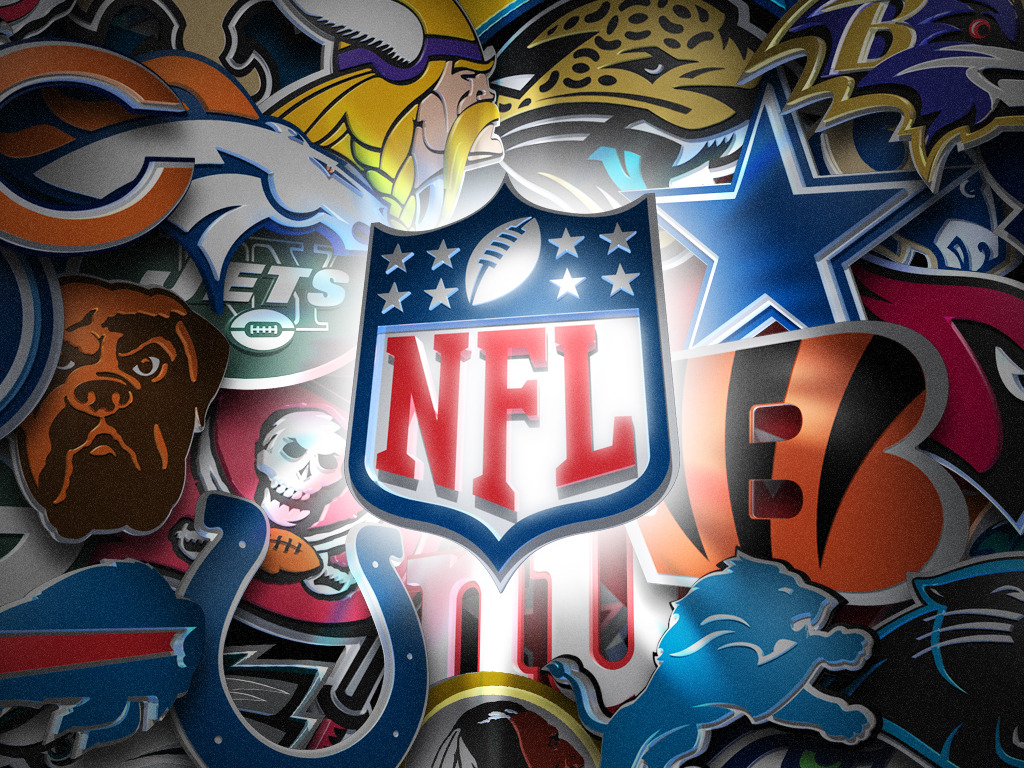IRS
The NFL is Tax-Exempt? Congressman Seeks Change in Tax Law
On the Wednesday before Super Bowl XLVIII between the Seattle Seahawks and the Denver Broncos, some in Congress question whether the league that runs the most-watched American sport, which generates as much as $9 billion in revenue each year, is deserving of its nonprofit, tax-exempt status.
Jan. 31, 2014

On the Wednesday before Super Bowl XLVIII between the Seattle Seahawks and the Denver Broncos, some in Congress question whether the league that runs the most-watched American sport, which generates as much as $9 billion in revenue each year, is deserving of its nonprofit, tax-exempt status.
Utah Representative Jason Chaffetz (R) proposed a bill that would officially strip the National Football League of that status, which has long allowed the league to be treated in a manner similar to youth sport leagues and clubs. However, Chaffetz says there is good reason that the NFL shouldn't enjoy that special tax exemption.
“In reality, the NFL and the NHL are for-profit businesses, and they should be taxed as such,” he said. “They are not charities nor are they traditional trade organizations like local chambers of commerce.”
In the case of the NFL, only the administrative central headquarters of the league receives tax-exempt status, while each of the 32 franchise teams must pay taxes as traditional, for-profit businesses.
The bill Chaffetz introduced, the PRO Sports Act, would change the U.S. tax code to block professional sports leagues with revenues greater than $10 million per year from claiming the tax-exempt status. The National Hockey League and the Professional Golfers' Association also have that status, while the National Basketball Association and Major League Baseball do not. The bill was introduced in the U.S. Senate by Tom Coburn (R-OK)
Despite being a tax-focused bill and the current polar climate in Congress, there is bipartisan support, including from Senator Angus King (I-ME) and Representative Chellie Pingree (D-ME)
“Most Americans would be shocked to learn of all the tax loopholes that companies and organizations are able to take advantage of to boost their bottom line and which end up costing taxpayers millions per year,” King said in a statement. “Section 501(c)(6) of the tax code is intended to exempt organizations that exist to promote specific industries and professions, not league-specific brands. This is just a common-sense issue to me. I like the NFL, but I don't think it's unfair to ask their central office to pay its share in taxes.”
“My hope is that H.R. 3965 will become part of a comprehensive tax reform bill that would lower rates and broaden the base,” he said. “I am not looking for additional tax dollars for the federal government. Closing this loophole should be combined with closing several other loopholes in order to lower tax rates in a revenue-neutral manner.”
A report by the Joint Committee on Taxation has estimated that tax-exempt status for these leagues costs the government about $109 million in federal taxes over a decade.
The NFL's tax lawyer, Jimmy Spector, told USA Today in December that the league's headquarters receives about $250 million in franchise dues each year. Those funds, he said, are spent only on league expenses, including payroll for referees and executives, as well as putting on special events such as the annual NFL Draft and marketing for the Pro Bowl and Super Bowl.
ESPN reports that the more high-profile retail activities people associate with the name of the NFL are actually run through a separate taxable entity known as NFL Ventures, which is a for-profit organization that receives revenues from the NFL Network, licensing deals, merchandising, sponsorships and other activities. NFL Ventures is owned as a partnership by all 32 NFL franchises.
